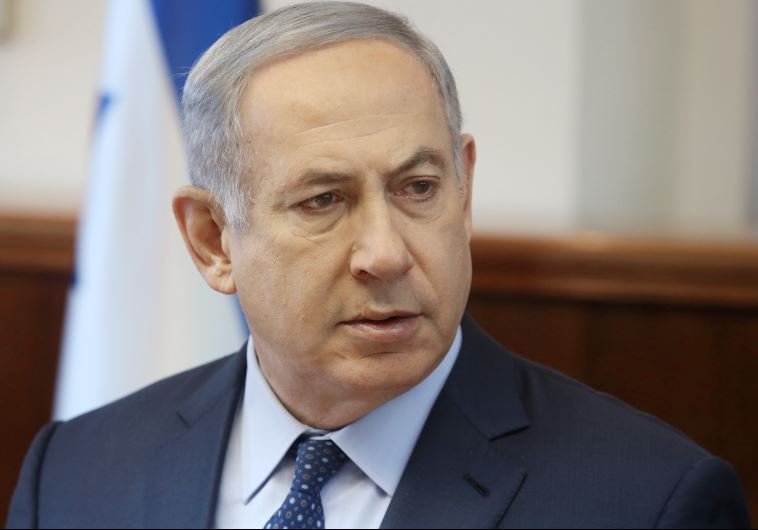Netanyahu: I’m not trying to control Israel's media market
Netanyahu came under harsh criticism from both the Right and the Left last week for delaying the launch of a new public broadcasting corporation.
 Prime Minister Benjamin Netanyahu at Knesset cabinet meeting(photo credit: MARC ISRAEL SELLEM)Updated:
Prime Minister Benjamin Netanyahu at Knesset cabinet meeting(photo credit: MARC ISRAEL SELLEM)Updated: